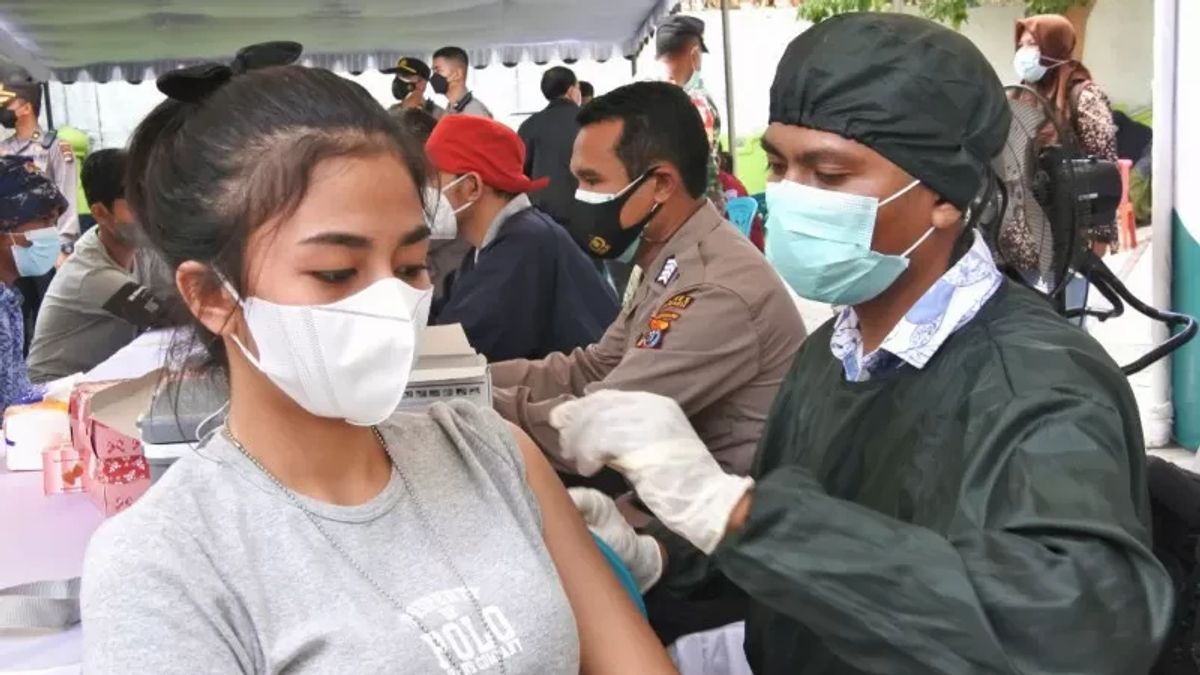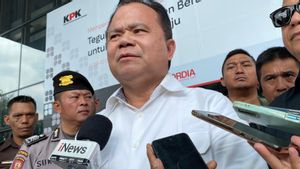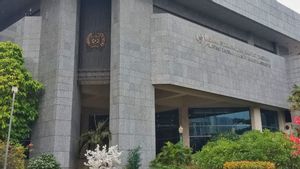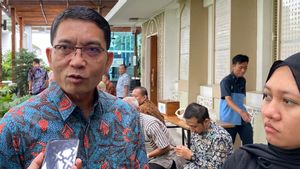JAKARTA - Epidemiologist from Griffith University Australia, Dicky Budiman, assessed that the Indonesian people need to get a booster dose of COVID-19 vaccination at least up to the fourth dose as a form of protection against the threat of the corona virus variant.
According to Dicky, in order to make this goal a success, BPJS Kesehatan must pay for the minimum vaccination up to the fourth dose that the community can get.
"COVID-19 is very serious. If the vaccine is not given, especially the booster, I see in the worst case scenario, at least the fourth dose needs to be covered by BPJS Kesehatan or private insurance," said Dicky, Friday, August 19.
Dicky's words were in response to the government's discourse that it would not provide a special allocation for handling COVID-19, especially vaccines starting in 2023.
Dicky, who was also the former Secretary of the Supervisory Board of the Health Social Security Administering Agency (BPJS) in 2016–2018, said that the transfer of vaccination to a market mechanism due to the limited state budget required a policy of targeting based on the participants' economic capacity.
For example, people who are in the financially well-off category and are not dependent on BPJS Health insurance or the private sector can undergo vaccinations independently.
"Currently, most of the Indonesian population must be participants of the BPJS Kesehatan JKN program. In that context, the rights of JKN participants when vaccinated must be funded by the JKN budget," he added.
Dicky said that vaccination participants who were funded by the JKN program needed to make sure that they were active members and that their obligations were fulfilled.
In addition, the recipients of the JKN program vaccination are also BPJS Health Contribution Assistance Recipients (PBI) due to limited economic capacity. "The rest can be done independently. This must be considered until the fourth dose," he said.
Dicky added that COVID-19 was a new disease that the government had to respond more adaptively. "For example, school-age children or 3 years old, who pays for this. If it is within the JKN framework, they must be covered through the BPJS Health mechanism," he said.
Previously, based on an Antara report, Health Minister Budi Gunadi Sadikin said the draft budget for the 2023 health transformation was around Rp. 88.5 trillion.
The budget comes from the overall health budget allocation of IDR 169.8 trillion next year. The health transformation budget decreased from 2022 to Rp. 96.8 trillion, due to a reduction in vaccine procurement of Rp. 10 trillion.
This was conveyed by the Minister of Health at a press conference on the Financial Note and the 2023 State Budget Bill on Wednesday, August 17,
The English, Chinese, Japanese, Arabic, and French versions are automatically generated by the AI. So there may still be inaccuracies in translating, please always see Indonesian as our main language. (system supported by DigitalSiber.id)













